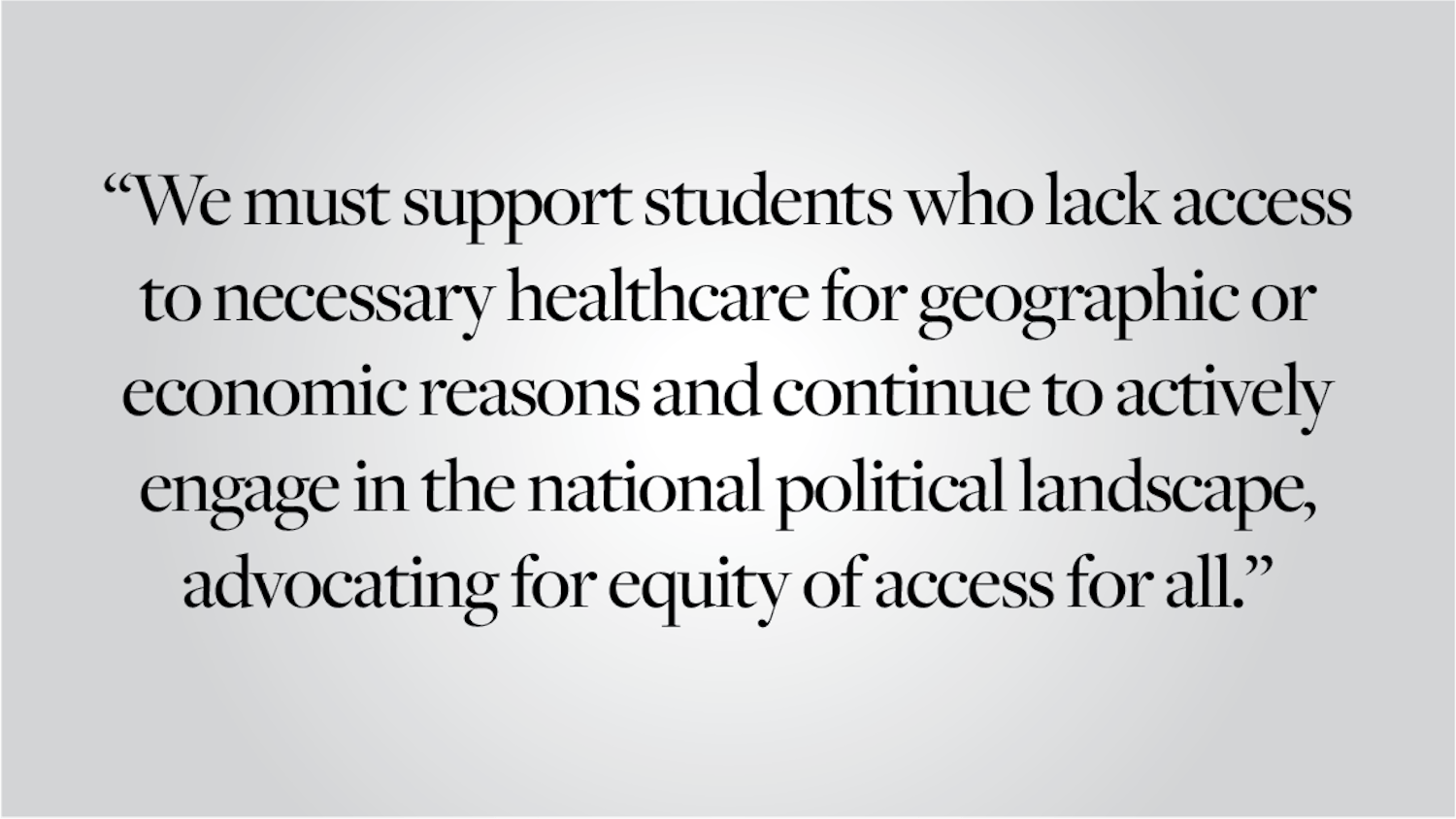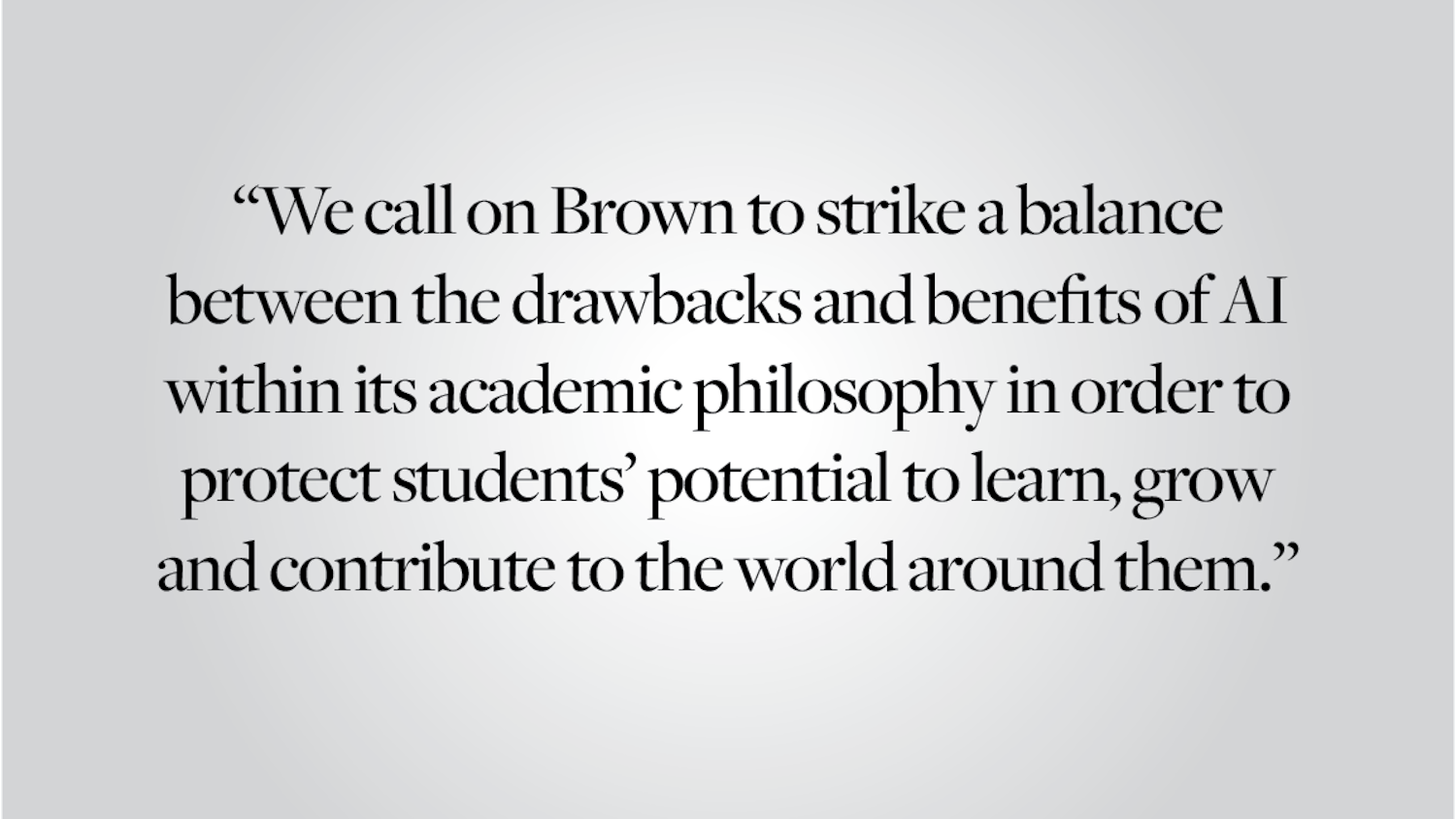The Servicemen’s Readjustment Act of 1944 (known as the G.I. Bill) is widely recognized as a major driver of the postwar growth that also changed the character of American universities. Over 2 million veterans used funding from this bill to pursue higher education, while other veterans received low-cost loans or unemployment insurance. As of 2009, the updated G.I. Bill, known as the Post-9/11 G.I. Bill, applies to any veteran or active member who has served at least 90 days since Sept. 11, 2001, or 30 days prior to a service-connected disability. Those who served at least three years (or were disabled) receive full tuition for four years at any public two- or four-year school that grants degrees. Veterans are also entitled to stipends for housing, books and other academic expenses.
As tuition costs, even at state institutions, continue to rise, it is imperative that we create other avenues for students to work toward college scholarships. Students should not have to serve in the military to receive help in attending college if they come from families with fewer resources. Elite institutions with large endowments can provide generous aid (and should, in our opinion, provide more), but the vast majority of students do not attend schools with these resources. Even encouraging students to opt-out of private schools for less expensive options at public schools is insufficient, as state funding cuts have shifted tuition burdens onto these schools’ students and, leaving public colleges with significant funding gaps. Students should have another option — to engage in civil service so they do not have to burden themselves or their families with overwhelming costs.
There is international precedent for this kind of reward for civil service. While we would only support non-mandatory programs, some nations still have some form of mandatory service. In Germany, roughly 90,000 men per year pursue noncombat military work, civil service or foreign development. In Taiwan, all men over 18 spend two years serving, but they may opt to instead pursue other opportunities, such as environmental work or service abroad as goodwill ambassadors. In the United States, we have a model in AmeriCorps, which employs 80,000 people per year working in nonprofits. We could have recent high school grads repairing our crumbling infrastructure, aiding in schools, helping senior citizens or serving any other needs that our nation has. There are many avenues that students who are so inclined could pursue.
Aside from the community benefits of such a program, students themselves would gain as well. Most students entering college do not know what they want to pursue, and often lack real-world experience or any concept of what interests them. A student volunteering in a tutoring program could decide to pursue teaching, or a student working on repairing infrastructure could develop an interest in plumbing, for example, and go on to pursue vocational training. In any event, most students stand to benefit from a few years of work before making decisions that could affect their future careers, especially if they receive tuition assistance as a result. While we would strongly urge that such a program be voluntary, we think that the existence of a pre-college civil service volunteer program could repair community deficiencies while giving incoming college students access to tuition and time after high school to figure out what to do with their lives. It would be a worthwhile national investment on many levels.
Editorials are written by The Herald’s editorial page board: its editors, Matt Brundage ’15 and Rachel Occhiogrosso ’14, and its members, Hannah Loewentheil ’14 and Thomas Nath ’16. Send comments to editorials@browndailyherald.com.
ADVERTISEMENT




